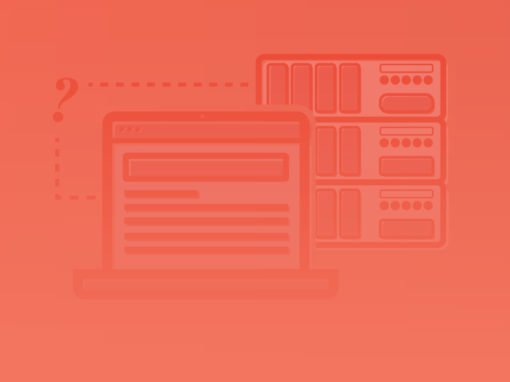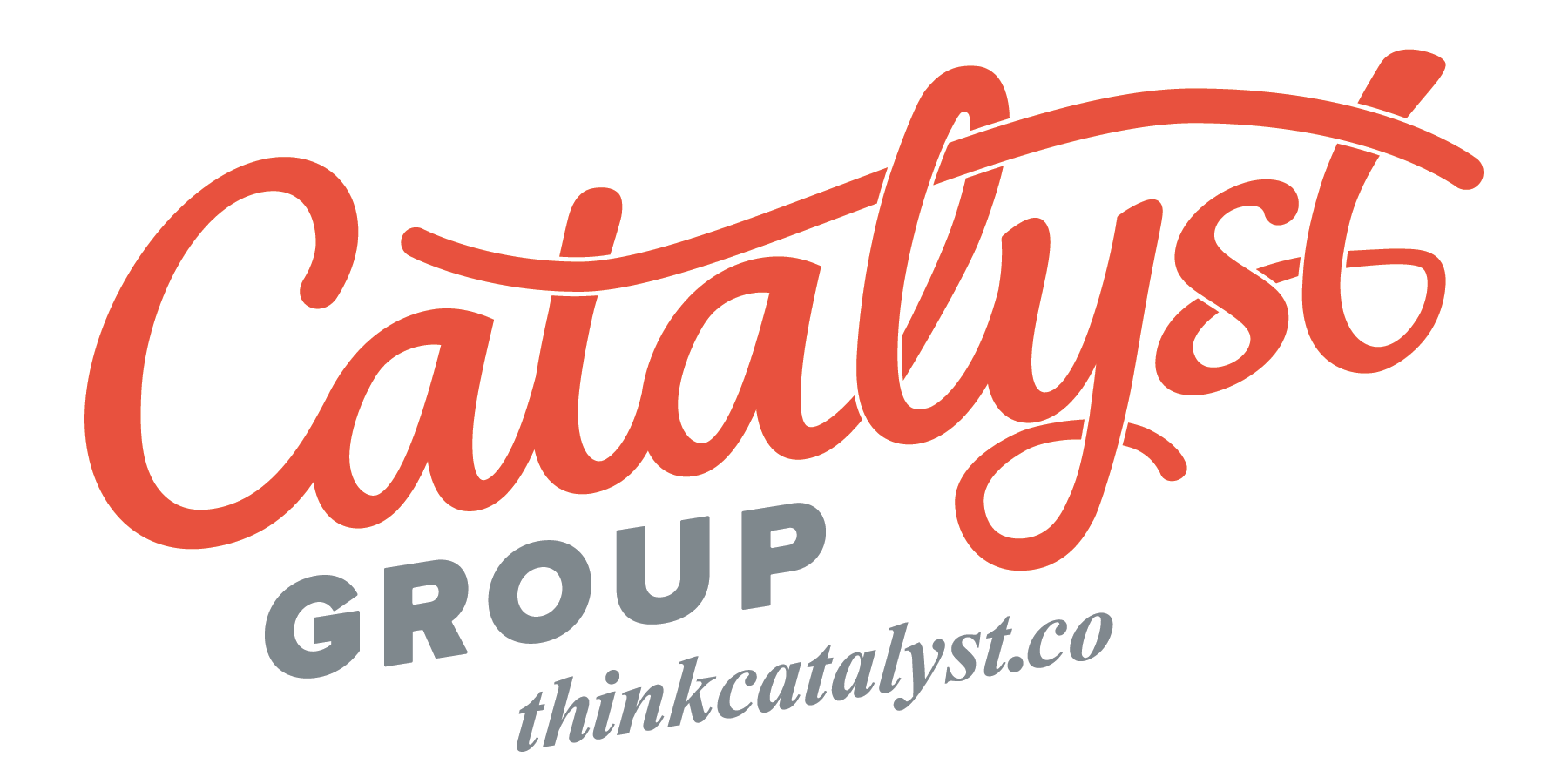
Are All Website Hosts Created Equal?
October 31, 2018
Scott Dine
Partner + Technical Director
4 min read
It’s easy to find a host for your website, but it’s not always easy to find the right one. Truth is, not all website hosts are created equal. Some companies, like Wix and SquareSpace, offer a platform to host and build your website. These can be a great option for small companies or individuals looking to get started with their online presence, but they’re often not right for many mid to large-sized companies with a professionally built website that maintains more complex features and plug-ins.
The technologies we use to support our businesses, especially online, can have a real impact on how we manage and communicate with our customers. Web hosting plays a serious role in keeping your digital business front up and running, ensuring that your customers, current and potential, are able to access your business at anytime. Let’s take a look at why not all web hosts are equal, and how you can navigate to the right one for your website.
Identify Your Needs
Easy enough, right? Not always. Here are a few factors that you might consider before you choose a hosting provider, or ones that you may consider as you evaluate your current hosting provider.
-
Speed
Simply put, the time it takes for users to load your website pages can drastically affect how long they stick around. In fact, even a 1-second delay in load time can cost you up to 7% in lost conversions. Load speed it typically the result of how much a page needs to load, versus the measured speed that the hosting server can provide. If there are a ton of plug-ins, videos, images, and animations, it requires more oomph to load. If you’re webpages are generally pretty simple, you may not require a higher dose of speed.
-
Security
Security becomes a big player when you’re collecting, storing, and sharing private information on your website. Many providers will take the necessary steps for basic security, but not all will. Even further, you may consider finding a hosting service that will provide SSL Certificates to keep up with the recent security changes sweeping popular browsers and search engines.
Uptime Guarantees. While no hosting service can fully guarantee 100% uptime for your website, looking for those who provide as close to it as possible can be a good indicator for what you can expect. Even a 99% guarantee can allow up to 432 minutes (or 7 hours) of downtime per month before a money-back claim can be issued. Thankfully, many providers can offer up to 99.9%, telling you just how confident they are in their uptime capabilities. -
Bandwidth
Some hosting providers will lump you in with dozens, or even hundreds, of other websites on a single server, which can mean you’re fighting for the speed and disk space. This can affect load times and overall website performance. For larger, more complex websites, having a comfortable amount of bandwidth can be vital to providing a smooth experience online.
-
Storage
If you plan to store any documents or information through your website, you’ll want to make sure your hosting service will be able to support that. Storage can be used for anything from client contact or user login information to videos, images, or even blogs. Not every hosting service will provide a limitless amount of pages, either. Analyze what you may need to store on your website, and how much space you’ll need to do so comfortably.
-
Backup
Backups exist to ensure that your information and data is all safely stored, in case any hiccups were to incidentally erase or break your website. There are many options for backing up your website including on-site backups, local off-site backups or 3rd party backups (i.e. Amazon S3). Off-site backups keep your server free from clutter and large files, but may take several steps and extra time to reinstate a backup. Some managed servers will even offer 1-click backup deployment, allowing you to backup or restore an earlier version with a single click of a button.
-
Support
When the website goes down, or your pages start to display incorrectly, you may want to have immediate, 24/7 access to customer support. It’s natural for hiccups to occur every once in while, but having the right support when the time comes can really make a difference as you spring to action.
Types of Hosting
After you’ve identified current and future needs for your website, it’s time to examine the differing types of hosting.
-
Shared
Shared hosting is often the cheapest hosting, and for good reason. Companies like GoDaddy are known to provide this level of hosting for a small monthly, or yearly, cost. The downside to these is that you’re having to fight for bandwidth, speed, and disk space with every other website on the server. Security can also be an issue here as well. Since all of the websites on a single server are sharing the same hardware, if even one website has a problem with site security, all of the websites on the server can become affected.
-
Managed
A managed hosting service will utilize a server that is specifically optimized for a single platform, like WordPress, Drupal, or Joomla. Then, they are assigned application-level management from the web host. Managed servers typically cost more than shared servers, but usually have upgraded hardware, software and up/downlink connections, resulting in faster speeds and better support.
-
Dedicated
Unlike managed and shared hosting, dedicated hosting allows the website owner to lease an entire server for themselves. This enables them to choose their own operating system and hardware, experience first-rate bandwidth opportunities and speeds. Large companies, and those who deal with sensitive materials, should consider dedicated servers as an absolute must.
Many mid-sized business will do well with mid-level hosting, but can always benefit from the added layers of security and speed when it comes to sharing and storing private information and documents. If you’re still unsure of which level of hosting is right for you, I’d be glad to help! Please feel free to contact me at 317-296-6439 or email at [email protected].
Share this:
